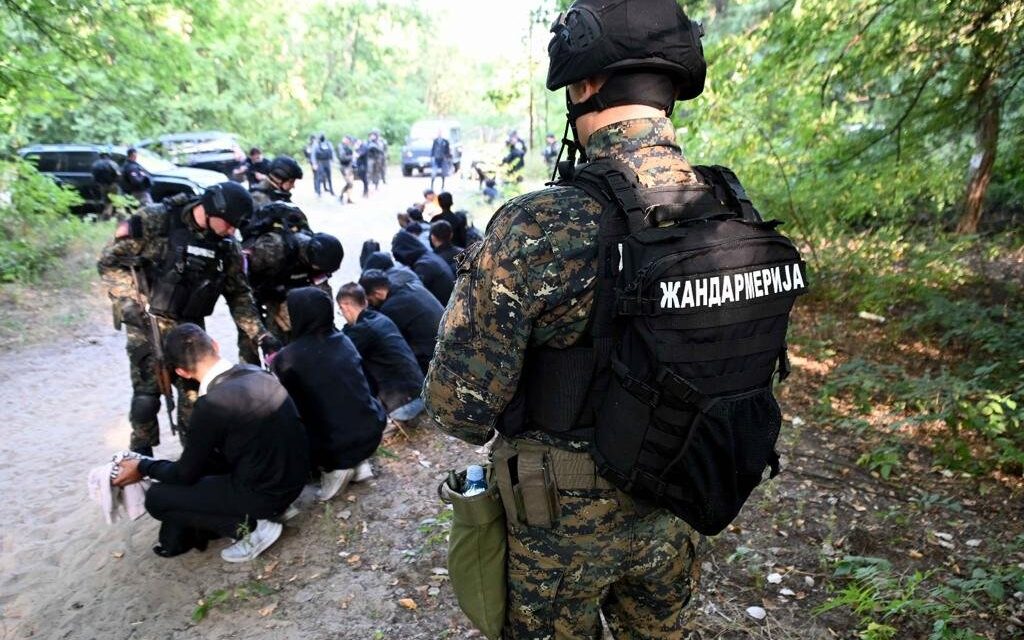Knives, drug deals, constantly deteriorating public security - these are everyday phenomena in the Bosnian camps, where migrants are ready to jump in order to somehow get to the European Union.
Big changes are taking place in Europe in terms of immigration. In recent months, fewer and fewer migrants are arriving at Hungary's southern borders, but more and more are leaving Serbia for Bosnia-Herzegovina.
The M1 staff visited several Bosnian settlements in recent days and experienced:
almost only young, vigorous men arrive from the Middle East, and most of them want to enter the European Union illegally.
Immigrants wait in snaking lines in the Bihác migrant camp on the Bosnian-Croatian border. They are given cleaning products. The number of inmates changes almost hour by hour, and public safety is getting worse.
Several incidents have taken place here since the beginning of the year, and the authorities have already taken action for stabbings and drug possession. But it is also not uncommon for migrants to pass out, presumably due to drug use.
Currently, mainly Syrian, Moroccan and Afghan migrants live in the camp in Bihács, without exception they want to enter the European Union.
"I started from Syria, I also visited Turkey, Bulgaria and Serbia. After Bosnia comes Croatia, then Slovenia and Germany. Now it's very difficult to cross the border, but I'm not giving up," explained a Syrian migrant.
There is also a lot of traffic at the shelter in Tuzla, which was set up four years ago. It was originally created to provide assistance to those arriving with families or children, but more recently only young men arrive.
"January was above average. Since the shelter's operation, not so many people have requested our services as in the first month of the year. The number of families has decreased, and more and more single men are coming. We expect another large crowd in the spring," a member of an NGO helping migrants told M1.
While deporting immigrants is almost impossible, Brussels would oblige EU member states to admit all migrants.
Bálint Rotyis, analyst of the Nézőpont Institute, spoke about this on M1. According to him, the Brussels migration pact could be another invitation to the masses of migrants.
"If this pact enters into force, from then on there will be a quota that all member states must accept. If someone does not want to take in the given number of immigrants, they can exchange this for money. This means eight to nine million forints per migrant and, depending on the exchange rate, per person. However, if a situation occurs somewhere in a member state that the given state considers unsustainable, the European Commission intervenes and autonomously designates where the surplus should be distributed," he explained.
The analyst added: more than one million asylum applications were submitted in the European Union last year. If the Brussels pact enters into force, the number of illegal migrants arriving in Europe may rise even further.
Cover image: The Serbian gendarmerie at work
Source: Serbian Ministry of the Interior












